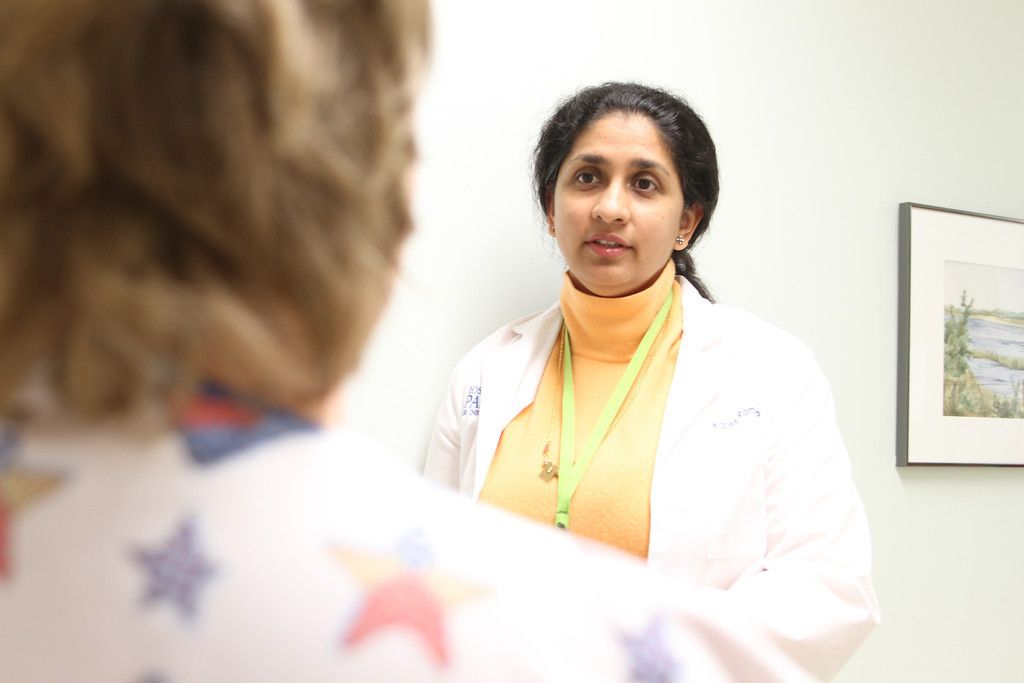Patrick Swayze, Luciano Pavarotti, Justice Ruth Bader Ginsburg and Steve Jobs.
These are a few of the celebrities and public figures that have brought attention to pancreatic cancer over the years. Despite this public spotlight, pancreatic cancer is known as the silent killer. It is difficult to diagnose, spreads rapidly and is seldom detected in the early stages, making education and awareness crucial for this aggressive disease. Many patients don’t have any symptoms, and for those who do, those symptoms may be shared by many other illnesses: the onset of diabetes, unexplained weight loss, back pain, nonspecific belly pain, nausea, vomiting and jaundice. Because these early symptoms tend to be overlooked, around 80% of pancreatic cancers are caught at a late stage.
Clinical Research Provides New Options
Pancreatic cancer incidence is on the rise in the United States with almost 44,000 new cases expected in 2012. Most patients will be over 65 years old when diagnosed. It’s the fourth leading cause of cancer death in men and women. Despite these stats, pancreatic cancer research, compared to other diseases, has lagged for decades. It is only recently that research has given us some options for treating these cancers.
Roswell Park Comprehensive Cancer Center took part in a recently completed large Phase 3 trial that looked at gemcitabine and abraxane compared to gemcitabine alone for advanced pancreatic cancer patients. Early results are promising and will be presented in January 2013.
My former colleague Dr. Wen Wee Ma is also the principal investigator of a Phase I study of Dovitnib in advanced solid tumors and pancreatic cancer. The primary objective of this clinical research study is to determine the maximum tolerated dose and recommended phase 1 dose of dovitinib when administered concurrently with gemcitabine and capecitabine. Eligibility requirements for this, and all other studies available at Roswell Park, are always available on our website and at www.ClinicalTrials.gov.
There is hope for patients with pancreatic cancer, and the goal of the research being performed here at Roswell Park and by our colleagues around the globe is to continue finding new ways to defeat this silent killer.
Know Your Treatment Options
If you or a loved one is diagnosed with pancreatic cancer, it’s important to know all your options, and I recommend always seeking a second opinion. Surgery is the most important initial treatment to consider. For about 20% of patients, surgery is an option. There have been significant success rates even for borderline resectable pancreas cancers, and studies have shown that hospitals that perform higher numbers of complex pancreatic cancer surgeries have better outcomes. It’s important, however, that you have all treatment options available to you. Complicated pancreas cancers require a multi-faceted treatment plan. A tumor can be downsized prior to surgery with chemotherapy and radiation to ensure complete tumor removal. For inoperable tumors, treatments like microwave ablation, or NanoKnife-irreversible Electroporation may extend survival and greatly improve quality of life.
If you’re looking for more information on any of these treatment options, please call us at 1-800-ROSWELL (1-800-767-9355) or email AskRoswell@Roswellpark.org.

